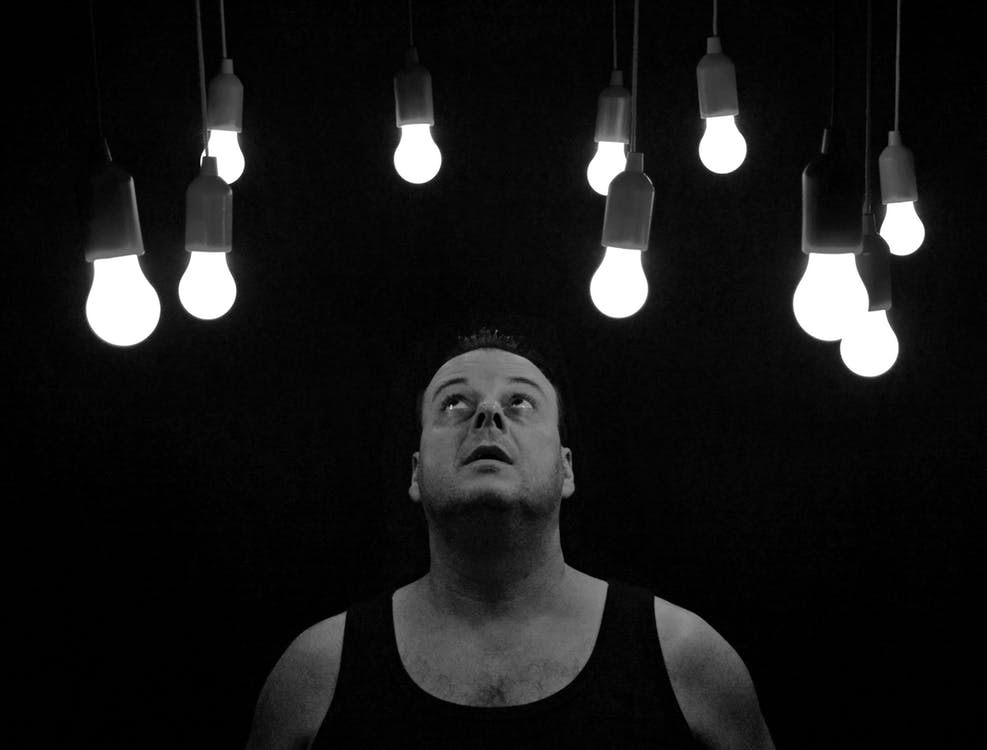The implementation of the new arrangements resulting from the Power of Choice Review undertaken by the Australian Energy Market Commission’s (AEMC), will take effect on 1 December 2017. The new arrangements include the introduction of the Metering Coordinator, along with changes to the National Electricity Rules (NER).The implementation of the new arrangements resulting from the Power of Choice Review undertaken by the Australian Energy Market Commission’s (AEMC), will take effect on 1 December 2017. The new arrangements include the introduction of the Metering Coordinator, along with changes to the National Electricity Rules (NER).
Key features of the final rule include:
1. A shift in who has overall responsibility for metering services under the NER, promoting competition in the provision of metering and related services. This is a result of the following:
- the role and responsibilities of the existing “Responsible Person” to be provided by a new type of Registered Participant, referred to as a Metering Coordinator;
- allowing any person to become a Metering Coordinator, subject to meeting the registration requirements, other than at transmission connection points and in relation to type 7 metering installations;
- permitting large customers, and Non-Market and exempt Generators to appoint their own Metering Coordinator at distribution connection points; and requiring a retailer to appoint the Metering Coordinator, where a customer hasn’t appointed its own Metering Coordinator
2. The Metering Coordinator will take on roles additional to those currently performed by the Responsible Person, ensuring that the security of, and access to, advanced meters and the services they provide are appropriately managed.
3. Local Network Service Providers (LNSPs) will continue to benefit from network devices installed at customers’ premises, allowing them to monitor, operate or control their networks, provided there is sufficient space to house both the metering installation and the network device.
4. It permits a retailer to arrange for a supply interruption at its customers’ premises for the purposes of installing, maintaining, repairing or replacing an electricity meter.
5. Retailers have the ability to arrange for the de-energisation of a premises if the customer fails to give safe and unhindered access to the premises.
What this means for you:
As a large customer you will have the ability to engage your preferred Metering Coordinator as of 1st December 2017. If you currently have a Direct Metering Agreement (DMA) with a provider, your retailer should be instructed to nominate your metering provider as Metering Coordinator.
Should you not have a DMA in place, now would be an opportune time to discuss your metering requirements with Edge, as we are in a position to negotiate competitive rates for your metering services.
The reforms from the Power of Choice Review will support the electricity market in meeting consumer needs over the next 15-20 years. It provides more opportunities for consumers to make informed choices about the way they use electricity based on the benefits that end use services provide. Further information on Power of Choice can be found here: http://www.aemc.gov.au/Major-Pages/Power-of-choice
